Tribhuvanesh Orekondy
I am a research scientist at Qualcomm AI research in Switzerland. I currently work on Large Language Models (efficiency, reasoning, verification, multi-turn, long-horizon, post-training). I previously worked on data-driven differentiable simulations, neural rendering, and generative models.
I completed by PhD in 2020 at the Max Planck Institute for Informatics in Computer Vision and Machine Learning and was advised by Mario Fritz and Bernt Schiele. Previously, I graduated with a Master's degree in Computer Science from ETH Zürich.
Email · Google Scholar · Github · LinkedIn · MPI

News
- Demo at NeurIPS '25: Efficient LLM Reasoning on the Edge
- Paper at ICLR '25: Differentiable and Learnable Wireless Simulation with Geometric Transformers
- Organizing NeurIPS '24 workshop on Differentiable Simulations
- New tech report: Simulating, Fast and Slow: Learning Policies for Black-Box Optimization
- 2x workshop papers at NeurIPS: Active Learning and Simulator Switching
- Paper at GLOBECOM '23: Transformer-Based Neural Surrogate for Link-Level Path Loss Prediction from Variable-Sized Maps
- Paper at ICLR '23: WiNeRT: Towards Neural Ray Tracing for Wireless Channel Modelling and Differentiable Simulations
Research
I currently work on LLM (notably efficiency, sampling, verification, multi-turn, long-horizon, agents). Previously, I worked on data-driven differentiable simulations, neural rendering, and generative modelling. During my PhD, I focused on topics in trustworthy and reliable ML (adversarial ML, privacy-preserving techniques).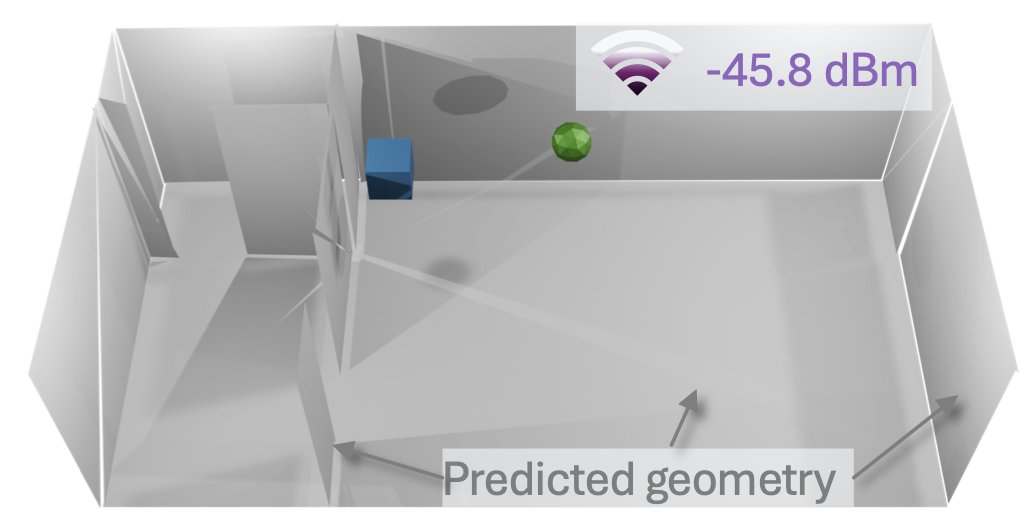
Thomas Hehn, Markus Peschl, Tribhuvanesh Orekondy, Arash Behboodi Johann Brehmer
ICLR, 2025
paper · bibtex
Geometric DL transformer based surrogate simulator for modelling joint distributions between 3d environment and its influence on EM waves.
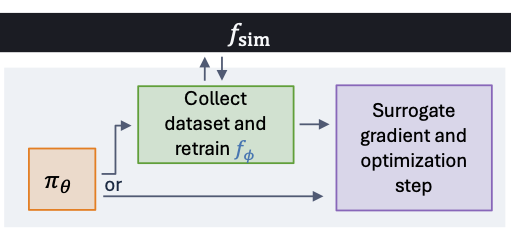
Fabio Valerio Massoli, Tim Bakker, Thomas Hehn, Tribhuvanesh Orekondy, Arash Behboodi
arXiv, 2024
paper · bibtex
Solving black-box optimization problems on stochastic simulators using neural surrogates and reinforcement learning.
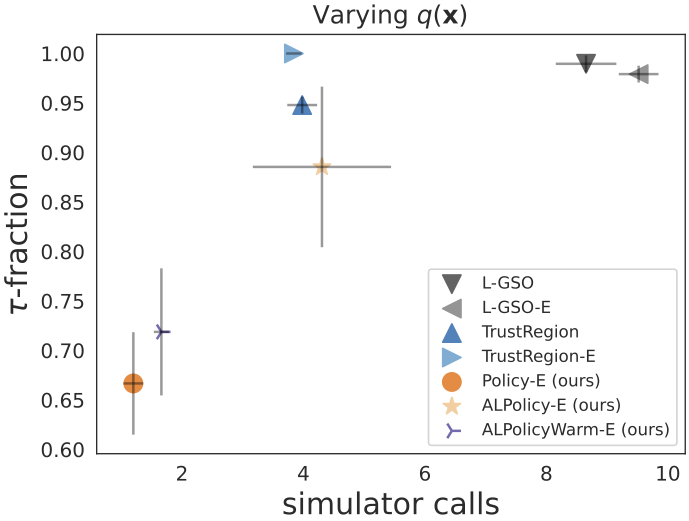
Tim Bakker, Thomas Hehn, Tribhuvanesh Orekondy, Arash Behboodi, Fabio Valerio Massoli
NeurIPS ReALML Workshop, 2023
paper · bibtex
We reinforcement learn active learning policies to guide local-surrogate-based inverse problem optimisation.
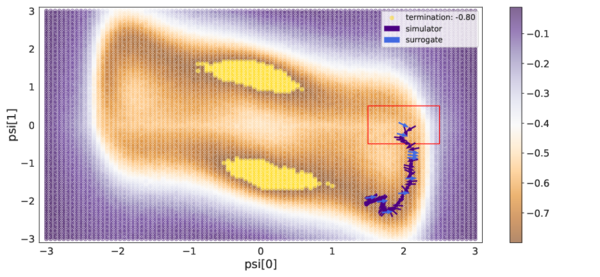
Tim Bakker, Fabio Valerio Massoli, Thomas Hehn, Tribhuvanesh Orekondy, Arash Behboodi
NeurIPS Deep Inverse Workshop, 2023
paper · bibtex
Reinforcement learning policies to guide surrogate-based inverse problem optimisation.
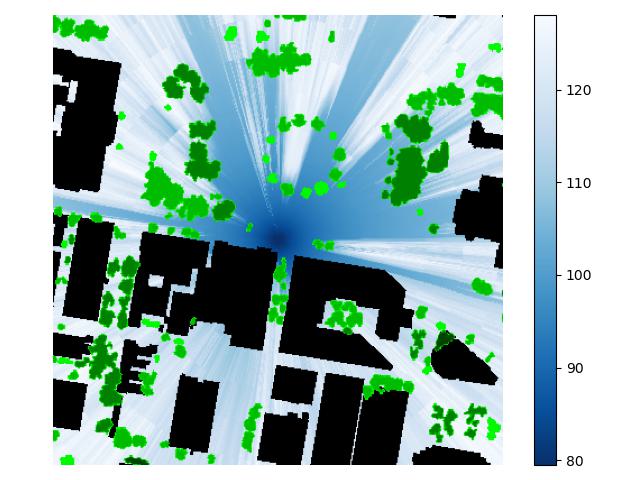
Thomas Hehn, Tribhuvanesh Orekondy, Ori Shental, Arash Behboodi Juan Bucheli, Akash Doshi, June Namgoong, Taesang Yoo, Ashwin Sampth, Joseph Soriaga,
GLOBECOM, 2023
paper · bibtex
Transformer-based neural surrogate to model mmWave path losses in dense urban scenarios.
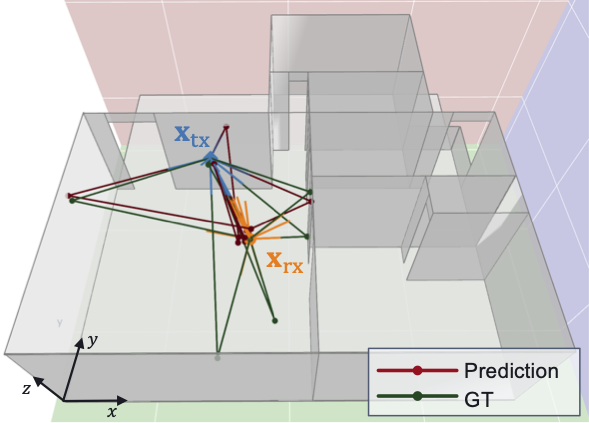
Tribhuvanesh Orekondy, Prateek Kumar, Shreya Kadambi, Hao Ye, Joseph Soriaga, Arash Behboodi
ICLR, 2023
paper · talk · dataset · bibtex
NeRF-like neural surrogate to model differentiable wireless electromagnetic propagation effects in indoor environments.
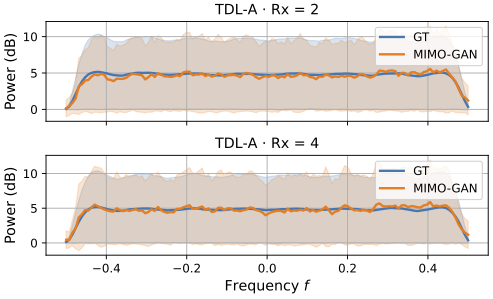
Tribhuvanesh Orekondy, Arash Behboodi, Joseph Soriaga
ICC, 2022
paper · bibtex
GAN-based surrogate simulator to learn distributions of channel impulse response complex waveforms.
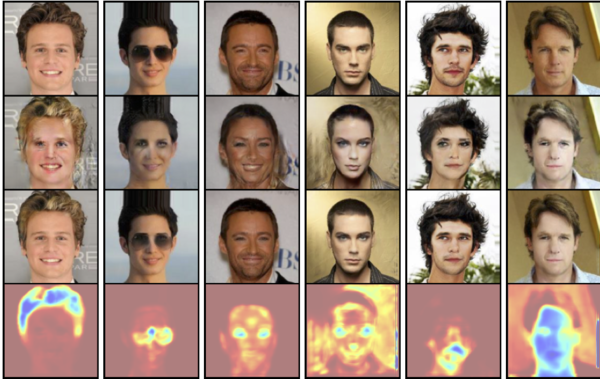
Hui-Po Wang, Tribhuvanesh Orekondy, Mario Fritz
CVPR (Fair, Trusted, and Data Efficient Computer Vision workshop), 2021
paper · bibtex
An image obfuscation network to remove privacy attribute information (such as by inverting, or maximizing uncertainty), while retaining image fidelity.
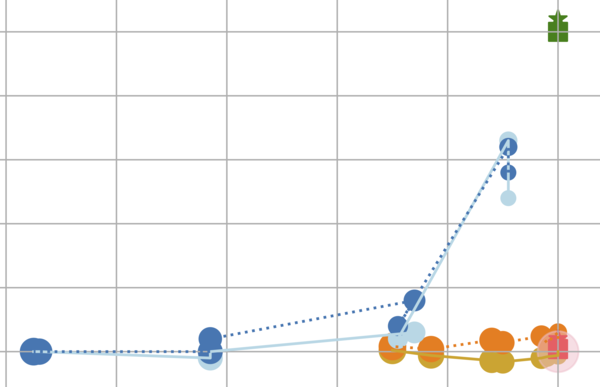
Differential Privacy Defenses and Sampling Attacks for Membership Inference
Shadi Rahimian,
Tribhuvanesh Orekondy,
Mario Fritz
AISec, 2021
paper ·
bibtex
Differential Privacy approaches to defend against membership inference attacks.
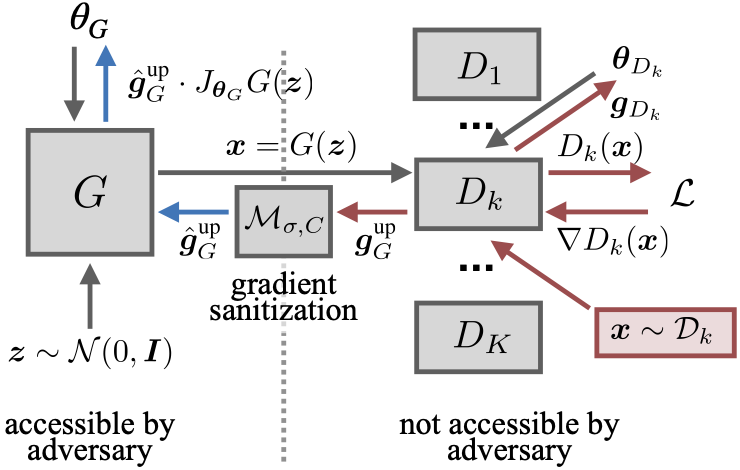
Dingfan Chen, Tribhuvanesh Orekondy, Mario Fritz
NeurIPS, 2020
paper · bibtex
A novel GAN to allow releasing sanitized forms of data with rigorous differential privacy guarantees.
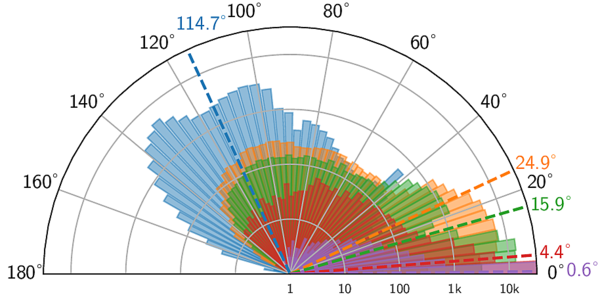
Tribhuvanesh Orekondy, Bernt Schiele Mario Fritz
ICLR, 2020
paper · project page · bibtex
An optimization-based defense against model stealing attacks, with perturbations crafted to poison resulting gradient signals.
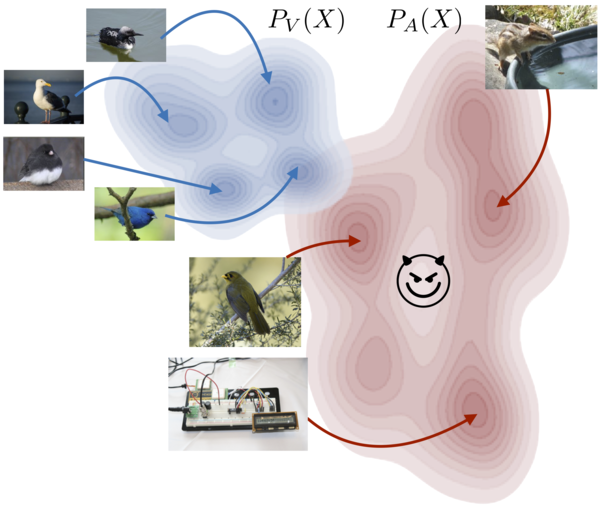
Tribhuvanesh Orekondy, Bernt Schiele Mario Fritz
CVPR, 2019
paper · poster · extended abstract (CV-COPS@CVPR) · project page · bibtex
Vision models encode meaningful information in predictions even on out-of-distribution natural images. We exploit this property to steal functionality of complex vision models.
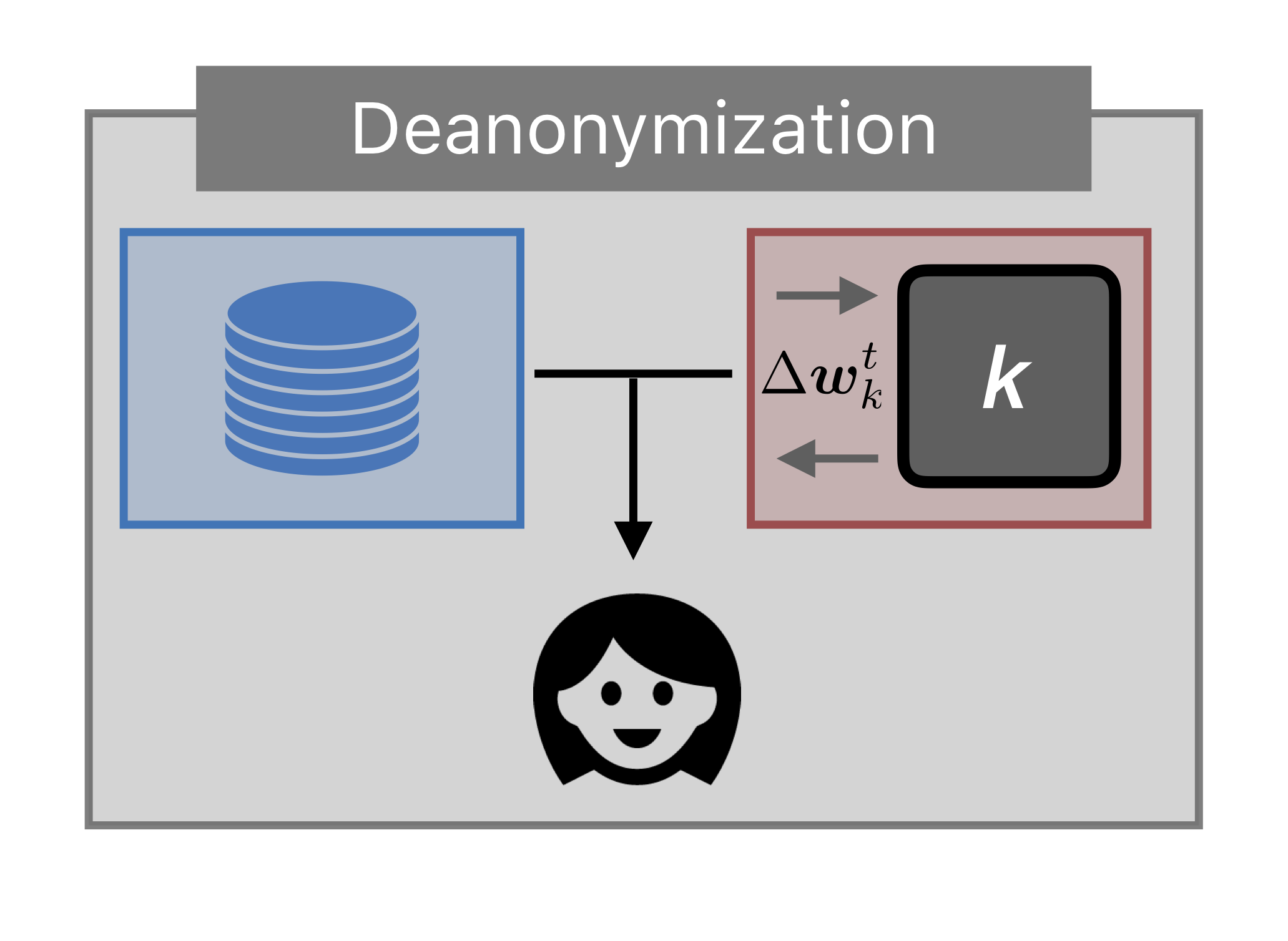
Gradient-Leaks: Understanding and Controlling Deanonymization in Federated Learning
Tribhuvanesh Orekondy,
Seong Joon Oh,
Yang Zhang,
Bernt
Schiele
Mario Fritz
FL NeurIPS, 2019
paper ·
poster ·
talk ·
bibtex
Gradient parameter deltas in Federated Learning encodes user bias statistics of participating devices, raising deanonymization concerns.
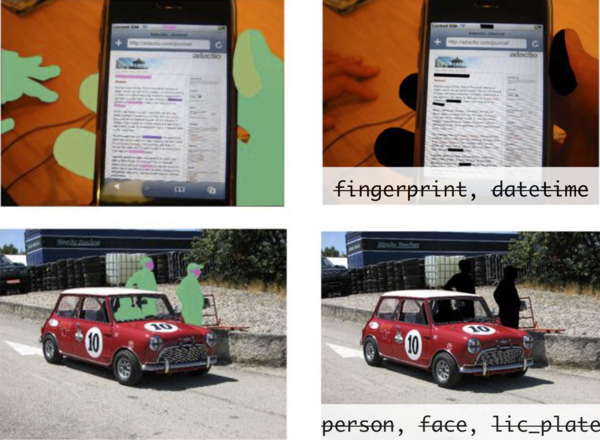
Connecting Pixels to Privacy and Utility: Automatic Redaction of Private
Information in Images
Tribhuvanesh Orekondy,
Mario Fritz,
Bernt
Schiele
CVPR, 2018 (Spotlight)
paper
·
poster
·
project page ·
video ·
bibtex
Automatic method to identify and redact a broad range of private information spanning multiple modalities in visual content.
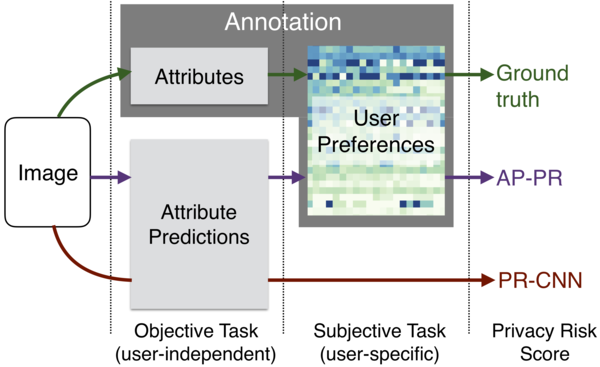
Towards a Visual Privacy Advisor: Understanding and Predicting Privacy Risks in Images
Tribhuvanesh Orekondy,
Bernt
Schiele,
Mario Fritz
ICCV, 2017
paper
·
poster
·
extended
abstract (VSM@ICCV)
·
project page ·
bibtex
An approach to understand and predict a wide spectrum of privacy risks in images.
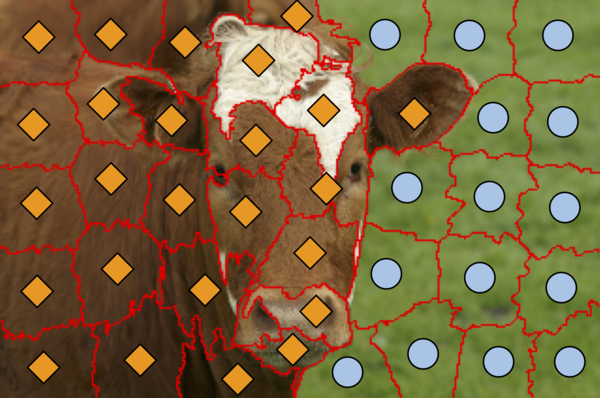
HADES: Hierarchical Approximate Decoding for Structured Prediction
Tribhuvanesh Orekondy
(under supervision of
Martin Jaggi,
Aurelien Lucchi,
Thomas Hoffman
)
Master Thesis, 2016
paper
·
project page ·
bibtex
A fast structured output learning algorithm, which works by approximately decoding oracles to various extents.
Academic Activities
- Reviewing: CVPR '19, CV-COPS '19, TPAMI '19, ICCV '20, AAAI '20, CVPR '20, ECCV '20, NeurIPS '20, IJCV '20, WACV '21, CVPR '21, ICLR '21 (Outstanding reviewer award)
- Teaching Assistant: Machine Learning in Cyber Security, 2018, 2019
- Thesis co-supervision: Shadi Rahimian (MSc., University of Saarland), Jonas Klesen (BSc., University of Saarland)